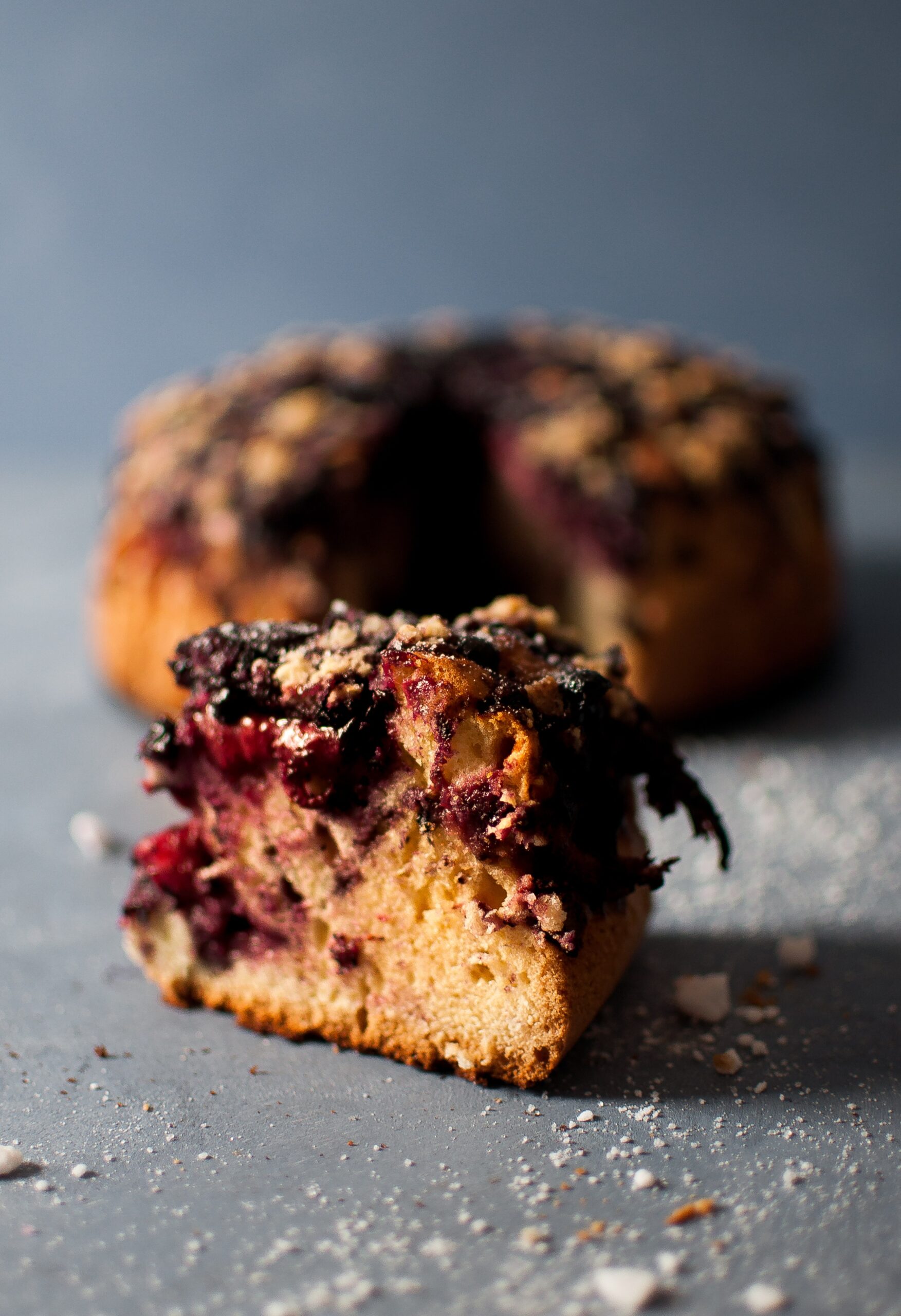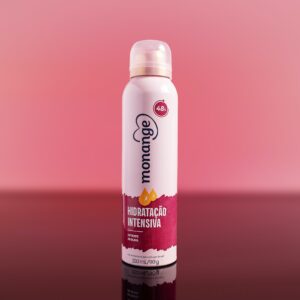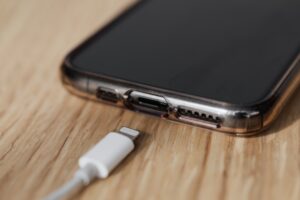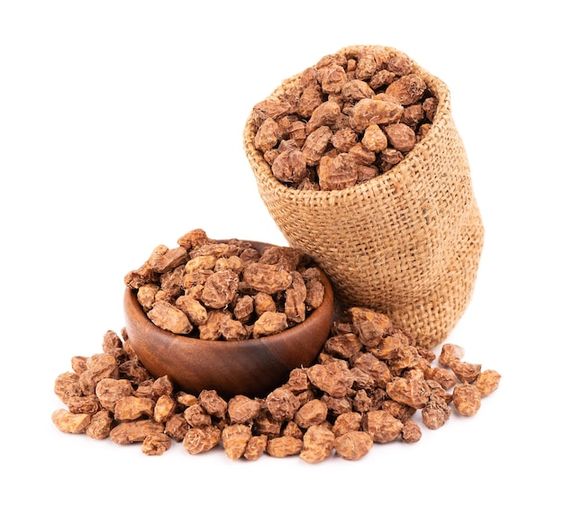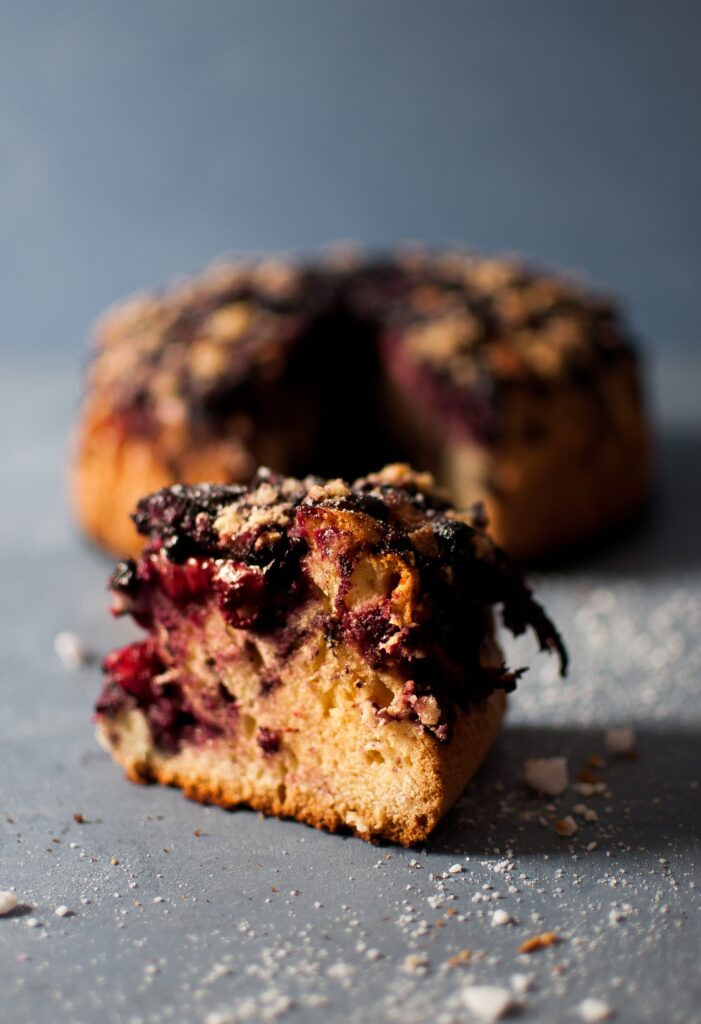
For success every time you bake, remember these simple guidelines.
Get ingredients ready
Lay out your ingredients first.
Measures Are Important
Spend some time being precise. Better results come from accurate measurements.
All Ingredients Should Be Room Temperature
While the butter and eggs are warming, measure your ingredients. When components are at room temperature, batter mixes best.
Examine egg sizes.
For baking, large eggs are most frequently used.
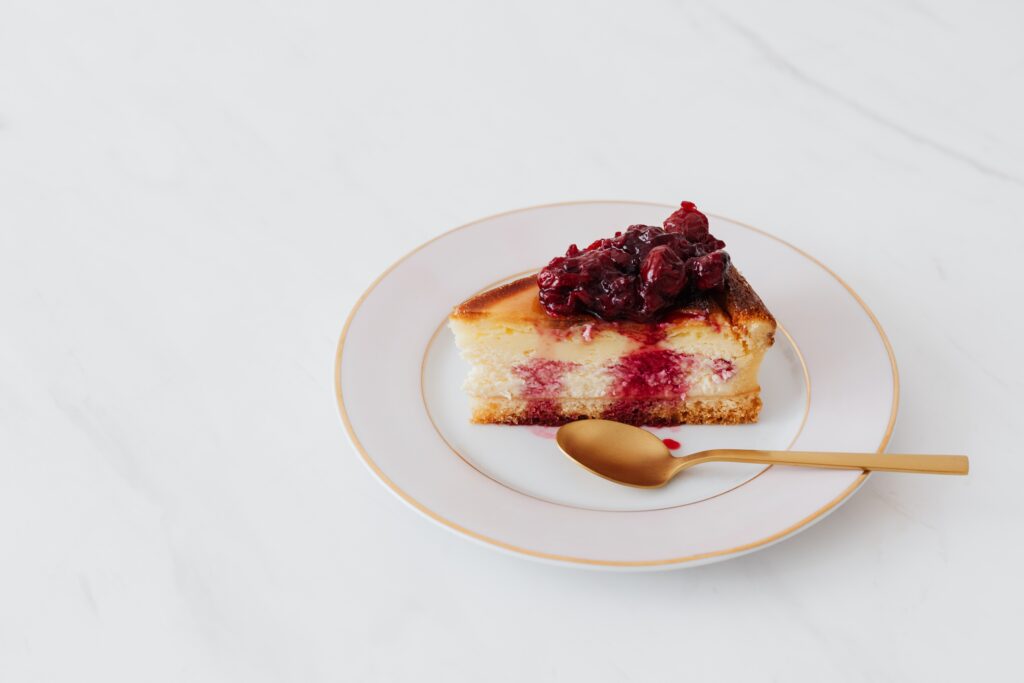
Preheat
Give your oven at least 20 minutes to warm up. To determine whether your oven is running hot or cold, use an oven thermometer.
Baking Racks
Place the racks in the oven’s middle.
Sifting
If sifting is required by your recipe, use a mesh strainer. Take your time and only tap the sides.
Paper-Parchment Lining
On parchment paper, trace the cake pan and make precise cuts inside the lines.
Grease the pan
Use softened butter or nonstick spray to coat the pan. Butter the parchment paper and line the pan with it to ensure a flawless cake release.
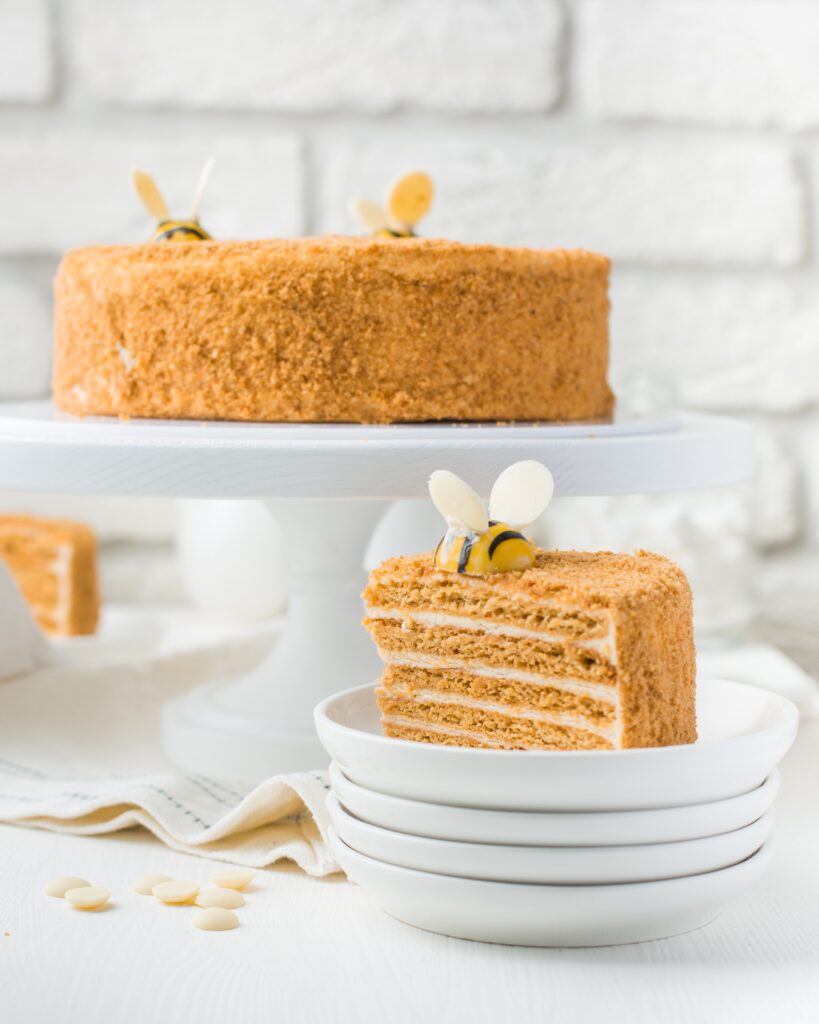
Dust the Pan
Apply the coating to the pan’s corners, sides, and bottom, then wipe off extra. Once baked, the cake will simply release from the pan thanks to the butter and flour mixture. When preparing the pan, shake off any extra flour.
Getting a Bundt Pan Ready
When using Bundt pans, be sure to butter all the crevices before flouring the pan. It’s time to add the batter.
Baking
The cake pan should only be partially filled. For even cooking, place the oven’s central rack there.
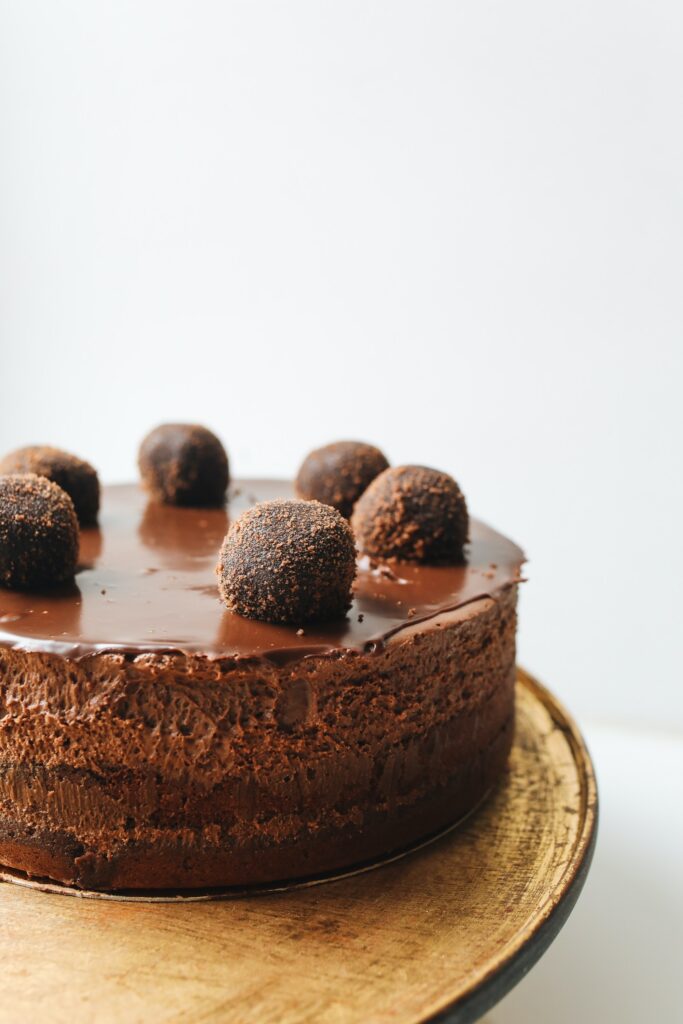
Turn the pan.
Rotate the pan 180 degrees halfway through the cooking process.
Done
When the cake feels firm to the touch, it is ready.
Toothpick Test
A skewer should exit the center of the cake clean.
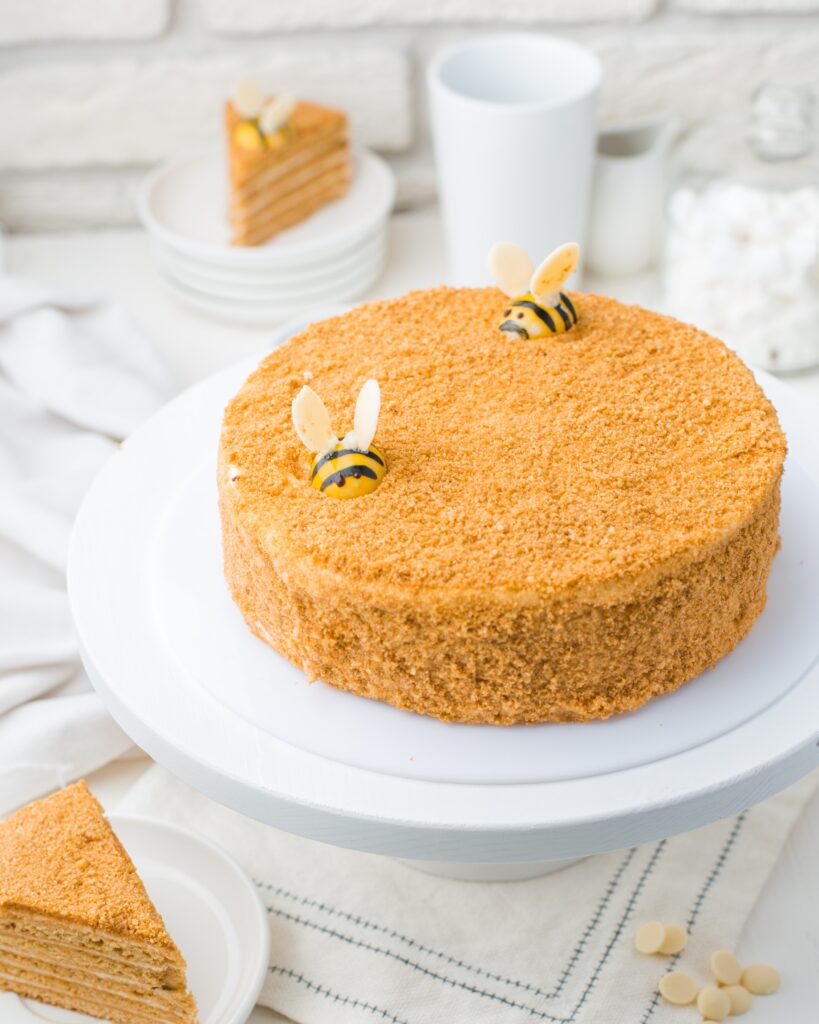
Cooling
After five to ten minutes of chilling in the pan on a rack, invert the cake onto the rack to finish cooling. The pan can still be hot, so use caution.
Cake Bundt Cooling
Invert the Bundt cake onto a dish. A piece of cake can be perfect baking! For more information, see our how-to video.
